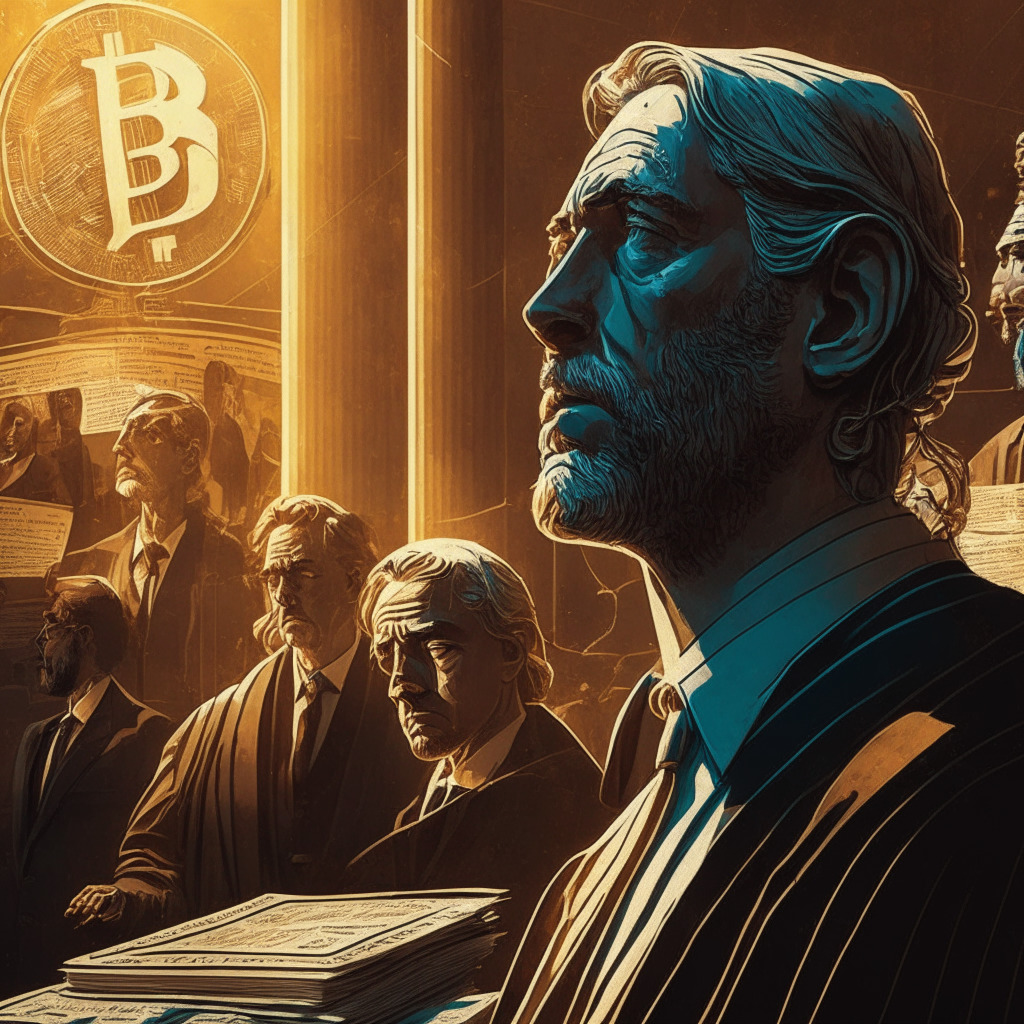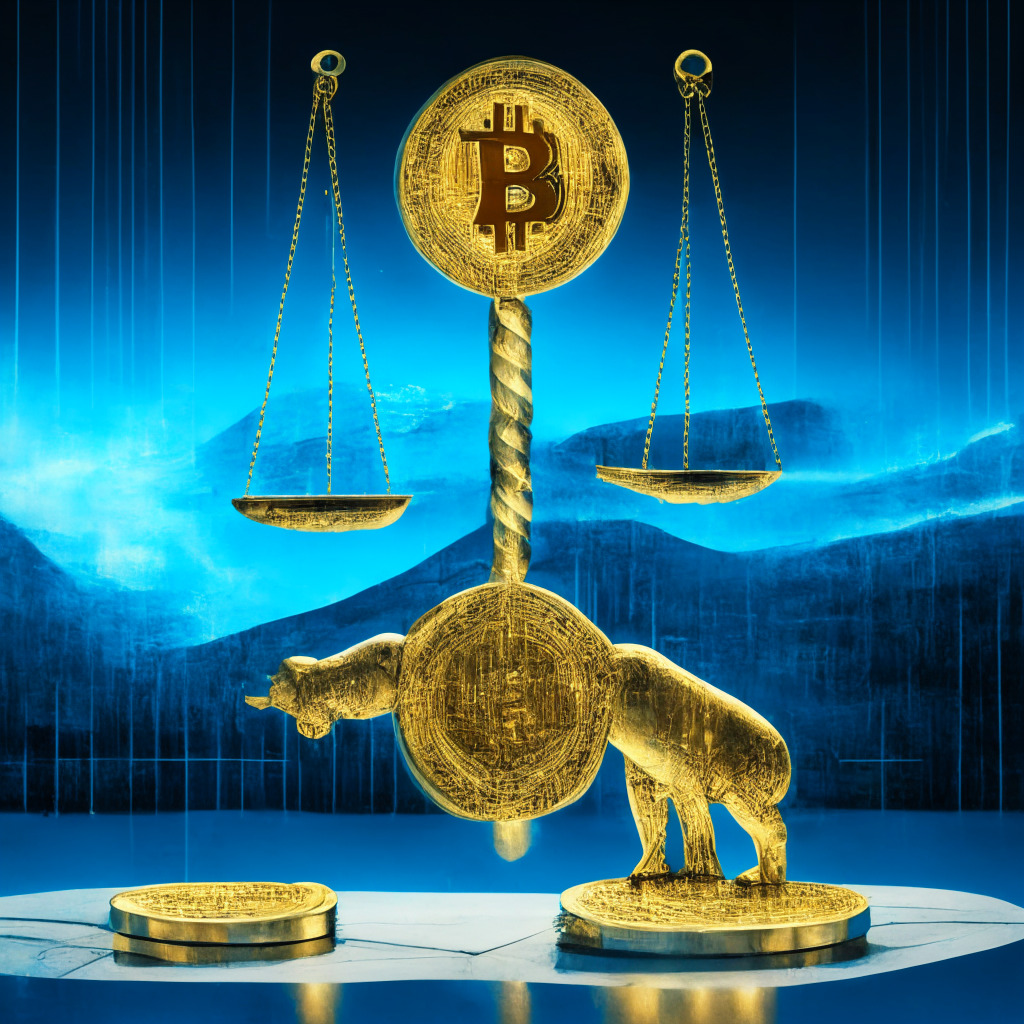A recent development in the crypto industry has caught the attention of lawmakers and enthusiasts alike. Senators Elizabeth Warren and Chris Van Hollen have requested Attorney General Merrick Garland to investigate whether Binance, a popular cryptocurrency exchange, lied to Congress. The senators suggest that Binance may have violated the law when providing information about its relationship with its US-based platform, Binance.US.
The issue in question revolves around statements made by Binance, asserting that Binance and Binance.US are separate entities, an element which is contradicted by the recent charges from the US Securities and Exchange Commission (SEC). The SEC accuses Binance and its CEO Changpeng Zhao of secretly controlling Binance.US and misleading investors about “non-existent” trading controls on the US platform.
While Senators Warren and Van Hollen emphasize that this is a serious matter, it is important to consider both sides of the argument. On one hand, if Binance indeed provided false and misleading information to Congress, it undermines the legislative process and investigation attempts, potentially delaying any necessary regulations around the cryptocurrency industry.
On the other hand, Binance’s side of the story should be taken into account. According to a letter from Binance Communications Officer Patrick Hillmann, Binance and Binance.US are ultimately separate despite both being owned by CEO Changpeng Zhao. Hillmann clarified that Binance.US is not a subsidiary of Binance. This raises questions about whether the SEC’s accusations are entirely accurate, or if there may be some misunderstandings regarding Binance’s organizational structure.
Delving further into the issues surrounding Binance, Senators Warren and Van Hollen have expressed concerns about the exchange’s compliance with anti-money laundering and know-your-customer laws. With the crypto industry rapidly evolving, it is essential to ensure that exchanges adhere to relevant regulations to maintain the integrity of the market and protect investors.
If the Attorney General decides to investigate Binance based on the senators’ request, it could lead to fines and imprisonment under federal law. No matter the outcome, what is most vital is a comprehensive understanding of the situation to ensure proper regulation and oversight of the crypto industry moving forward.
In summary, the potential investigation of Binance for lying to Congress raises questions about the exchange’s relationship with Binance.US and compliance with regulations. While we must consider both sides of the argument and the possibility of misunderstandings regarding the company’s structure, the main conflict remains whether Binance indeed misled Congress. Ultimately, transparent and truthful communication is crucial in building trust between cryptocurrency exchanges, lawmakers, and the public in this fast-growing industry.
Source: Cryptonews




